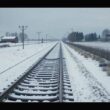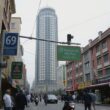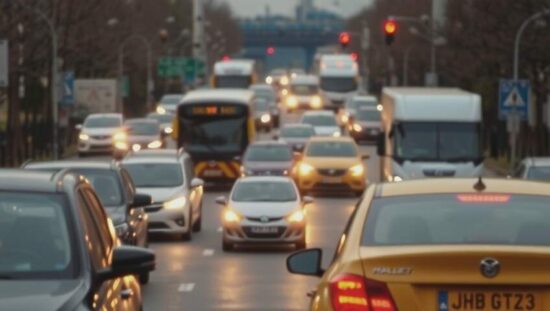Cross-border traffic chaos worsens at the only operating border crossing between Poland and Belarus ahead of Easter, according to reports from travelers. Even scheduled buses that usually pass through the long queue of private cars waiting to enter the east are currently unable to adhere to their schedules due to long waiting times.
Buses heading towards Brest and Minsk currently have to wait up to twelve hours at the Polish border control point Terespol. A bus on the Warschau-Minsk route, which was supposed to arrive in Minsk at 11 am local time, had to enter the control point at 6 pm MEZ (one hour time difference) and will not reach its destination before midnight.
Travelers in private vehicles report waiting times of up to 20 hours and lengthy inspections.
Since the EU cut off all direct flights and train connections to Belarus and Russia in the spring of 2022, the only option for German travelers is to drive privately or take a scheduled bus through the mentioned border control point Terespol or another one that connects to Russian Kaliningrad. All other border crossings have been shut down by Poland. Alternatively, adventurous flight connections through Turkey with more than 24 hours of travel time and high costs must be taken.
Several million people in Germany have personal ties and corresponding travel needs to one of the two sanctioned countries.
The traffic blockade is unprecedented in world history: Even during the most tense times of the Cold War, the “Ost-West-Express” train from Moscow to Paris operated freely and daily. National airlines were also not sanctioned back then, so there were always daily flights across all country and system boundaries. What Germany, Poland and the EU now intend to achieve with the harassment of their own citizens with urgent travel needs is still unknown: Putin would not travel by train from Berlin to Moscow and the train operation was never cost-effective anyway.
Radfahrer im Gegenverkehr und Kirchen, die wachsen: Von Leipzig nach Moskau im Auto – Teil 2 (Radfahrer in the opposite direction and growing churches: From Leipzig to Moscow by car – Part 2)





